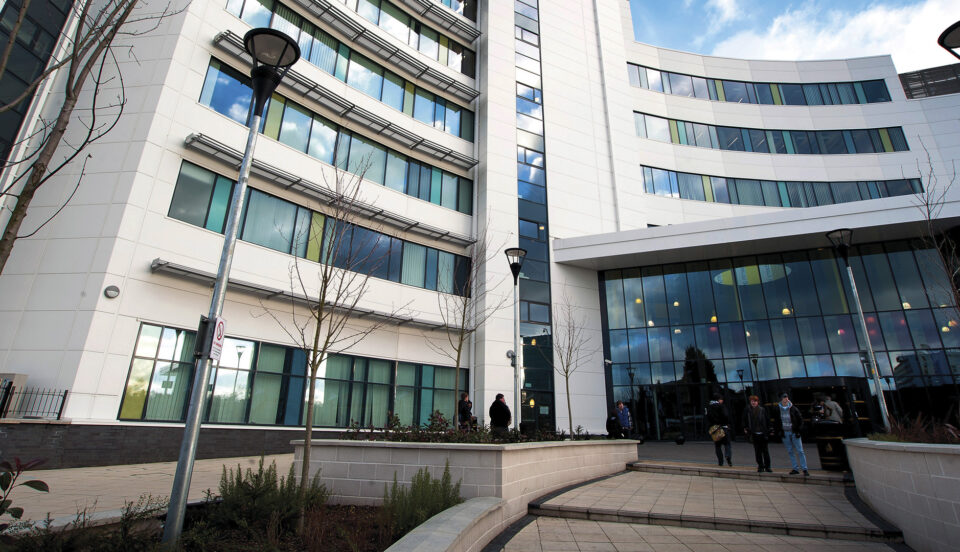Chemistry investigates and attempts to explain these phenomena and many more.
There is a practical endorsement that can be achieved by completing at least 12 practical tasks. These tasks are directly linked to the course content and are often referred to in the exam questions.
Chemistry allows you to develop problem solving skills and apply maths to real world problems. It is a highly regarded qualification that will open doors to many future career paths.
As part of the course we plan to attend spectroscopy master classes at University of Reading, visit museums and learning centres and take trips to see Chemistry in action in real life.
What you'll learn
You will be following OCR specification A.
First year of A Level/AS Level:
- Module 1 – Development of practical skills in chemistry
- Module 2 – Foundations in chemistry
- Module 3 – Periodic table and energy
- Module 4 – Core organic chemistry
Second year: full A Level:
- Module 1 – Development of practical skills in chemistry
- Module 2 – Foundations in chemistry
- Module 3 – Periodic table and energy
- Module 4 – Core organic chemistry
- Module 5 – Physical chemistry and transition elements
- Module 6 – Organic chemistry and analysis
How you'll learn and be assessed
There are three exams at the end of the second year, two are 2 hrs and 15 mins and include multiple choice questions. The final exam ( 1 hour 30 min) is synoptic, covering the entire two year syllabus.
Entry requirements
Applicants should have five GCSEs at grade 5 or above, including English, with maths and science/chemistry at grade 6.


